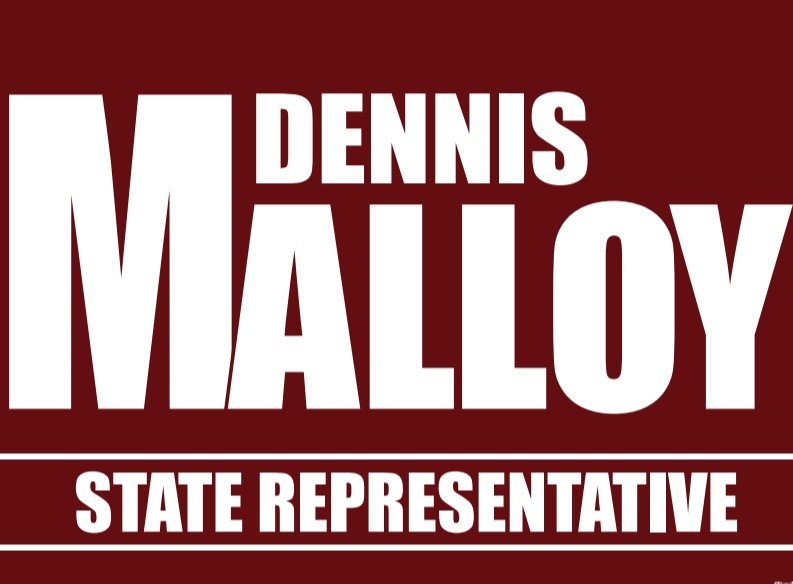The Truth About NH Taxes
With permission, I’m re-publishing this response to the false income tax claims being made during this campaign cycle.
Dennis Malloy
The following was written by Reps. Jaci Grote and Kate Murray (Rockingham Dist 24 - Rye/New Castle) in response in misinformation being distributed by our Republican opponents in the current race for the NH House of Representatives.
Their campaign materials falsely claim that we voted for a NH income tax and a sales Tax, and list specific House Bills, as supposed proof. Nothing is further from the truth.
Most people recognize this misinformation for what it is, but after the most recent attacks, we want to set the record straight. We do not feel it is right that our constituents should be so misled.
Here are the facts about the bills they have referenced:
SB1 and HB712: Our opponents claim these bills establish a state income tax.
False. These bills sought to establish a system of paid family and medical leave insurance. It is not a tax of any kind but an insurance policy. The program would have allowed up to 12weeks off to care for a sick family member or themselves following the birth or adoption of a child. According to a UNH survey, 78% of Granite Staters support paid family leave.
HB 1: Our opponents claim this bill created a deficit.
False. HB1 is the entire budget which passed the house and the senate and was signed by the governor. A compromise budget - HB3 was passed by both the House & Senate and signed by the governor. As required by statute, it is always a balanced budget. Whatever the deficit may be, which is unknowable at this stage, is due to loss of revenue due to COVID. After the budget is passed, it is the governor's responsibility to enact the budget and makecuts if necessary due to reduced revenues.
HB2: Our opponents claim this bill created an income tax.
False. This bill is the narrative that accompanies HB1 and explains all the various programs relative to state fees, funds, revenues, and expenditures. If you search through the 182 pages of this bill, you will not find the words “income tax” or “sales tax.” You will find that the budget provides revenue sharing to communities designed to lower property taxes. HB623: Our opponents claim this bill raised the business tax rates. False. This bill defined the rates of the business profits tax and business enterprise tax. This bill was incorporated into the full budget, which the governor approved and signed. The rates mhave remained the same.
HB641:
This bill, from 2019 (pre-COVID) was enabling legislation which would have allowed municipalities, if they chose, to add $1.00 to the rooms and meals tax. That money wouldstay in that community to offset the increased costs of law enforcement, emergency medical aid and other services incurred due to heavy tourism. The bill died in the senate.
HB186:
Our opponents are correct that this is a bill to raise the minimum wage, which would happen over 3 years and is in interim study. The current minimum wage is the federal wage of $7.25. Raising the minimum wage puts more money back into the economy and leads to greater retention of employees and less absenteeism. The claim that raising the minimum wage would result in job loss is unfounded according to numerous research studies. According to a WMUR/UNH Granite State poll, 76% of NH residents support raising the minimum wage. The same poll shows that 91% of Democrats, 70% of Independents and 64% of Republicans also support raising the minimum wage.
It is disappointing that our opponents have taken this tack. While this is not how we campaign, we do want all constituents to know the facts. We trust them to recognize fact from fiction and to recognize unfounded claims for what they are.
Thank you for your vote on November 3rd.
